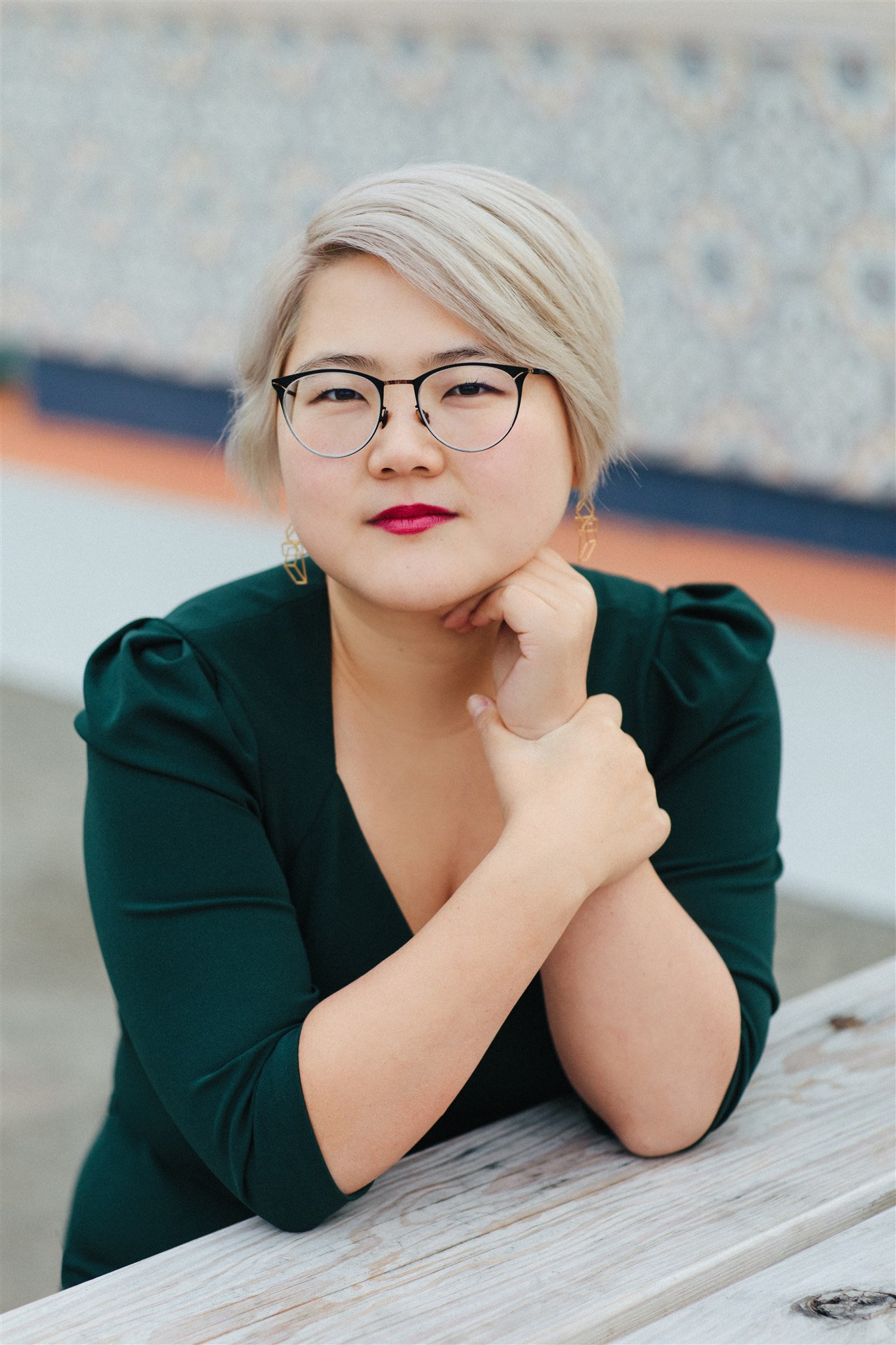
by Michele Kirichanskaya | Oct 28, 2020 | Blog
Angela Chen is a journalist and the author of Ace: What Asexuality Reveals About Desire, Society, and the Meaning of Sex. Her reporting and essays have also appeared in The New York Times, The Wall Street Journal, The Atlantic, The Guardian, Paris Review, and more. I...
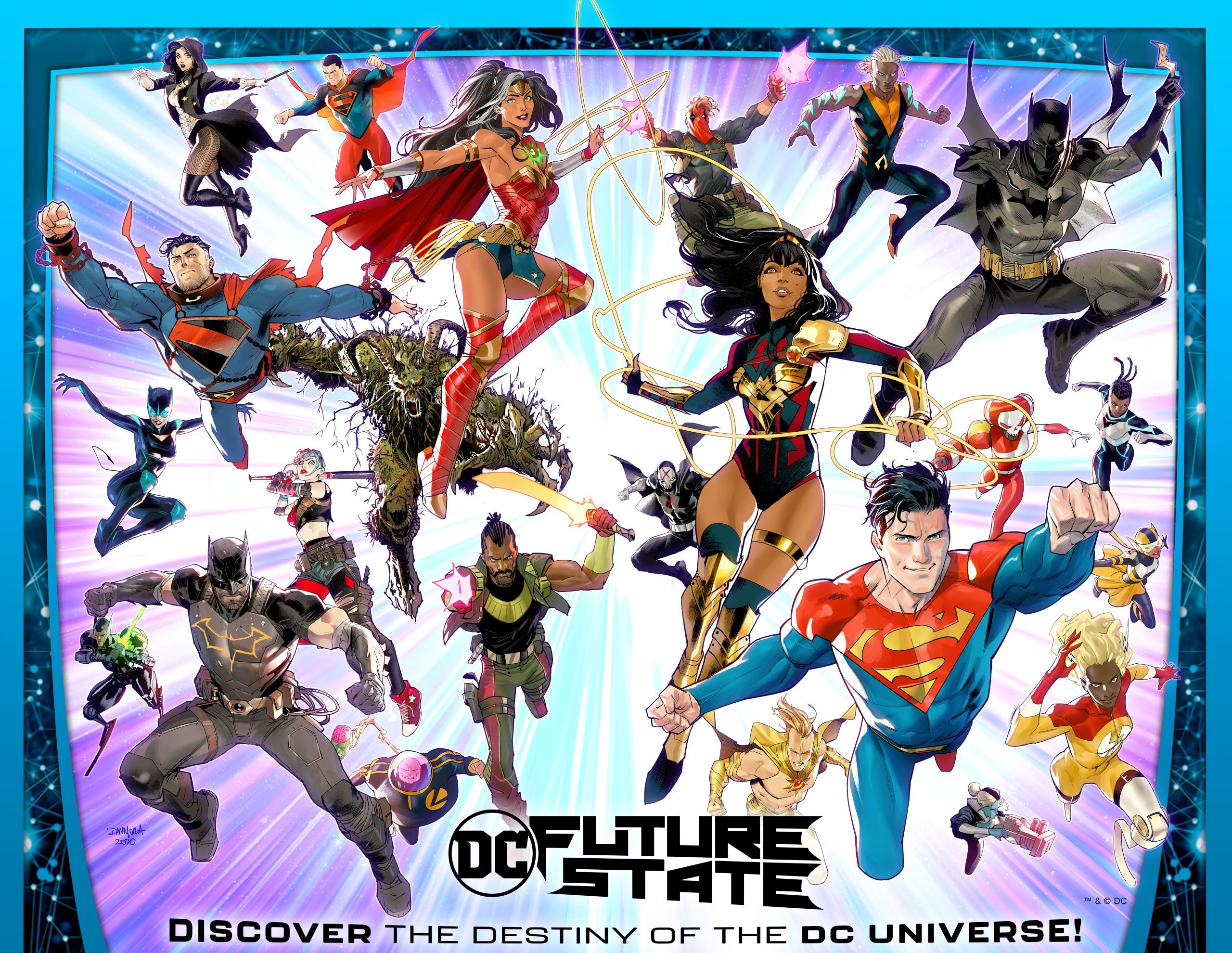
by Kevin Gilligan | Oct 27, 2020 | Podcast
https://geeksoutpodcast.libsyn.com/geeks-out-podcast-back-to-the-future-state-w-dc The Geeks OUT Podcast returns this week as Kevin is joined by Jon Herzog, as they discuss the diverse characters and creators coming to DC’s Future State event in 2021, the new...
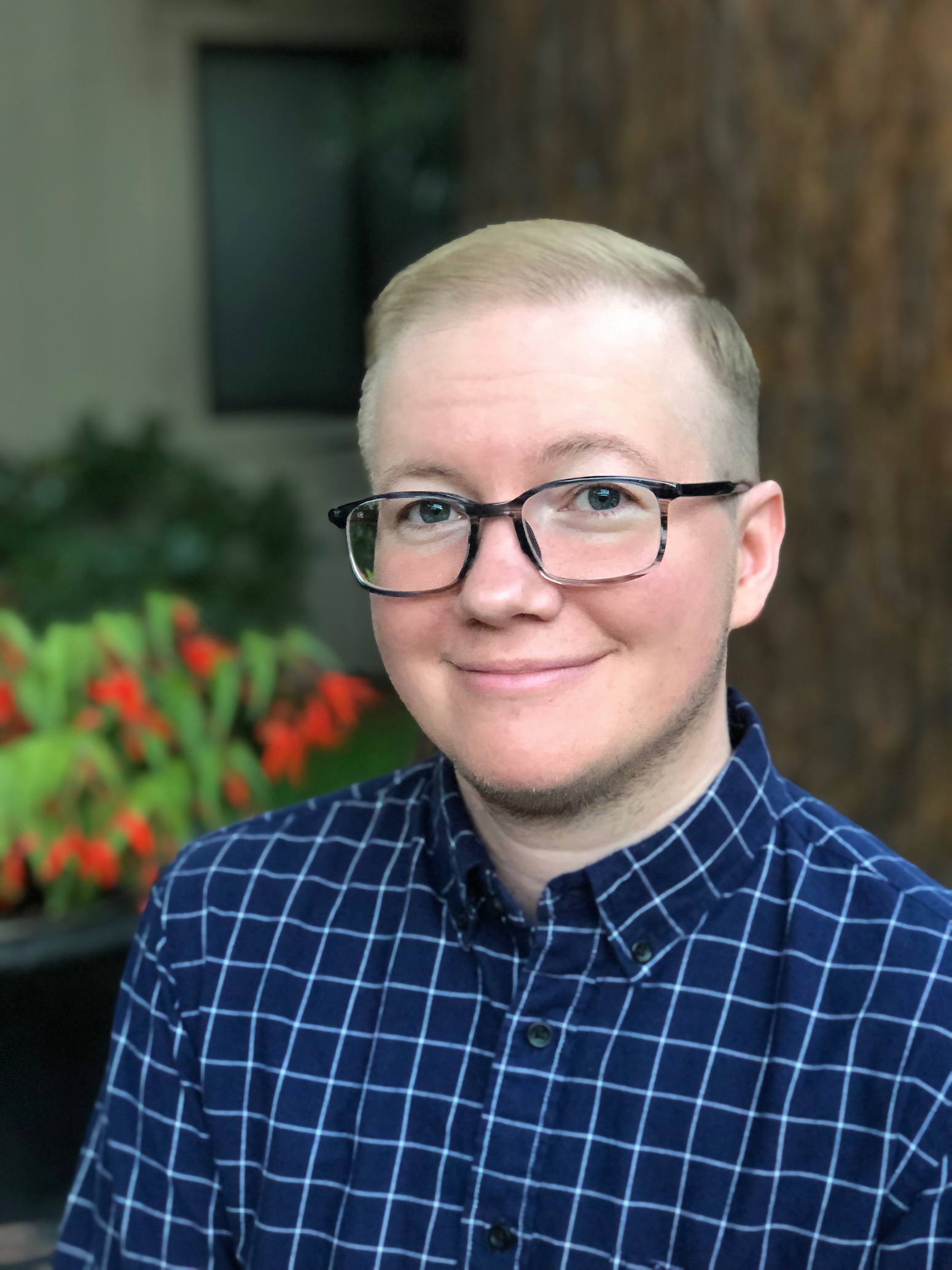
by Michele Kirichanskaya | Oct 23, 2020 | Blog
A. J. Sass is a writer, editor, and occasional mentor. A long-time figure skater, he has passed his U.S. Figure Skating Senior Moves in the Field and Free Skate tests, medaled twice at the U.S. Synchronized Skating Championships, and currently dabbles in ice dance....
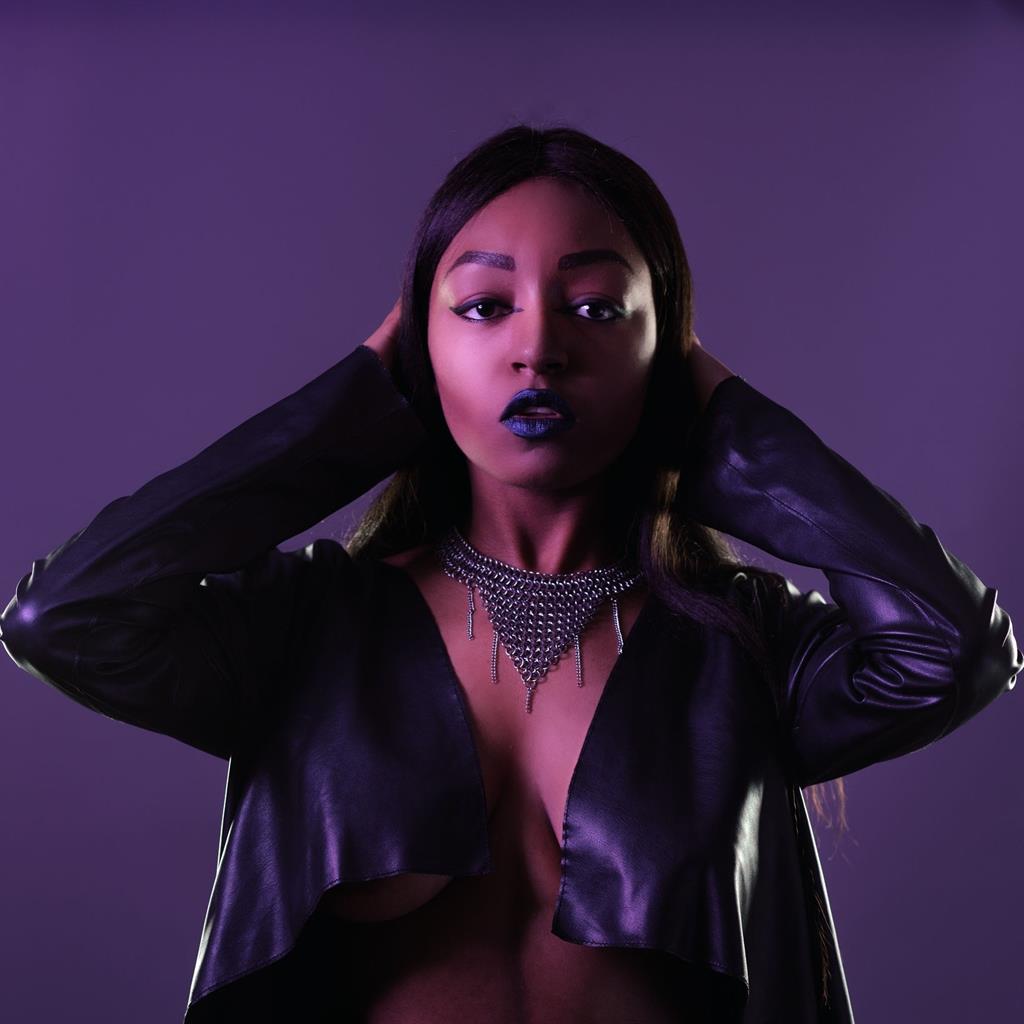
by Michele Kirichanskaya | Oct 15, 2020 | Blog
An alternative fashion model of Caribbean descent (Trinidadian, Jamaican, and Barbadian descent) Yasmin Benoit is a proud Black Aro-Ace model/activist from the UK. Creator of #ThisIsWhatAsexualLooksLike Benoit revels in breaking stereotypes about what...
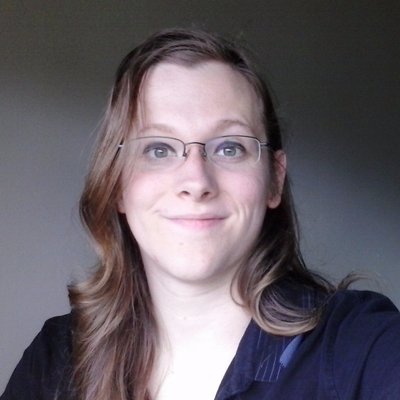
by Michele Kirichanskaya | Oct 8, 2020 | Blog
A graduate of UC Santa Cruz, April Daniels is the Lambda Literary Award nominated author of the Nemesis series, following trans superhero, Danny Tozer, who inherits her superpowers after a fateful encounter with a dying superhero. Adding to the growing LGBTQ+...






